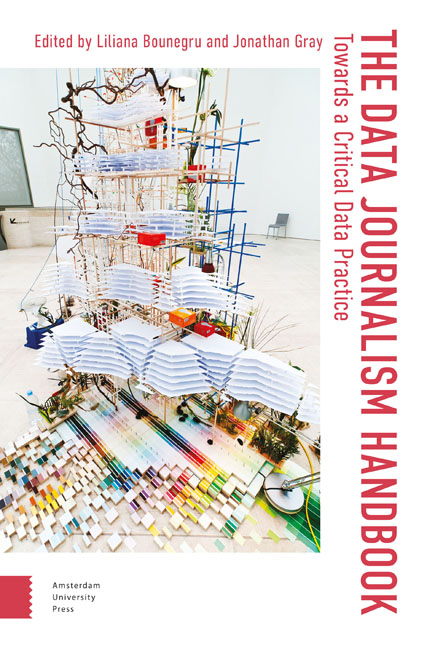43 - Data Journalism, Digital Universalism and Innovation in the Periphery
Summary
Abstract
The “myth of digital universalism” manifests not only in the means by which it keeps public narratives and imaginations fixed exclusively around so-called “centres” of innovation, but in the means by which it simultaneously discourages attention to digital dynamics beyond such centres—a dynamic conjuring colonial relations to data and the periphery that reporters and scholars of global digital cultures alike must be wary of reproducing.
Keywords: digital universalism, centre, periphery, colonial relations, decolonial computing, local innovation
“Digital universalism” is the pervasive but mistaken framework shaping global imaginaries around the digital that presumes that a single, universal narrative propelled by “centres” of innovation can accurately represent the forms of digital development underway across the globe today. It presumes, that is, that the given centres of contemporary “innovation” and technological design will inevitably determine the digital future that comes to spread across the world for the majority of the “digital rest.” And it resonates through the casual presumption that the best, most “legitimate” sites from which to study and observe technological transformation, digital productivity and practice, or information-based innovation and inquiry, are from such centres. Foremost among them: The labs, offices and research sites nestled in Silicon Valley and their dispersed equivalents in other innovation capitals worldwide that concentrate elite forms of digital expertise.
It is from such centres that digital culture presumably originates and has its purest form and manifestation—only to be replicated elsewhere; there that visions for digital futuricity in its most accurate or ideal approximations emerge; and there that technological advancements—and thus digital cultural advancements—are dominantly understood to be at their most dynamic, lively and inspired. It assumes, in other words, that digital culture—despite its uniquely global dimensions—does indeed have more “authentic” and productive sites from which to undertake its study and observe its dynamics.
As a young researcher studying and writing about digital cultural activism and policy in Peru and Latin America from the early 2000s onward, it shaped my experience in fundamental ways, most regularly in the routine and seemingly innocent question I heard: “Why go to Peru or Latin America to study digital culture?”
- Type
- Chapter
- Information
- The Data Journalism HandbookTowards A Critical Data Practice, pp. 307 - 313Publisher: Amsterdam University PressPrint publication year: 2021

